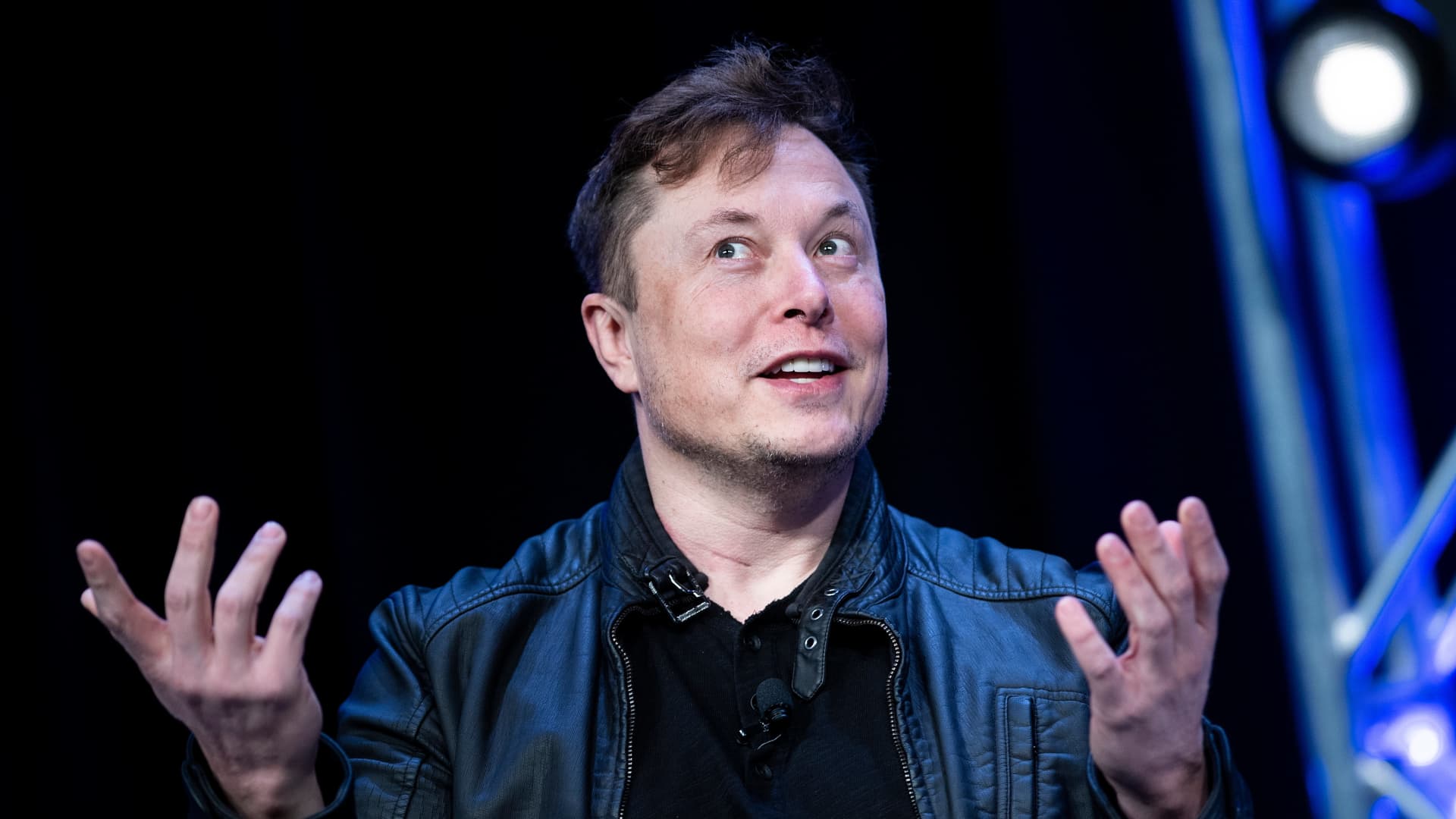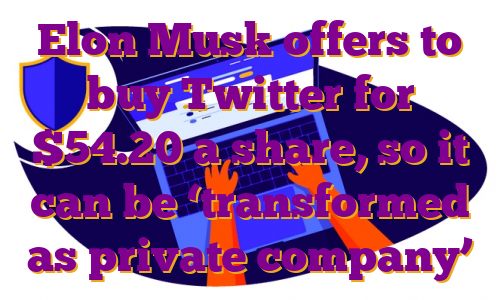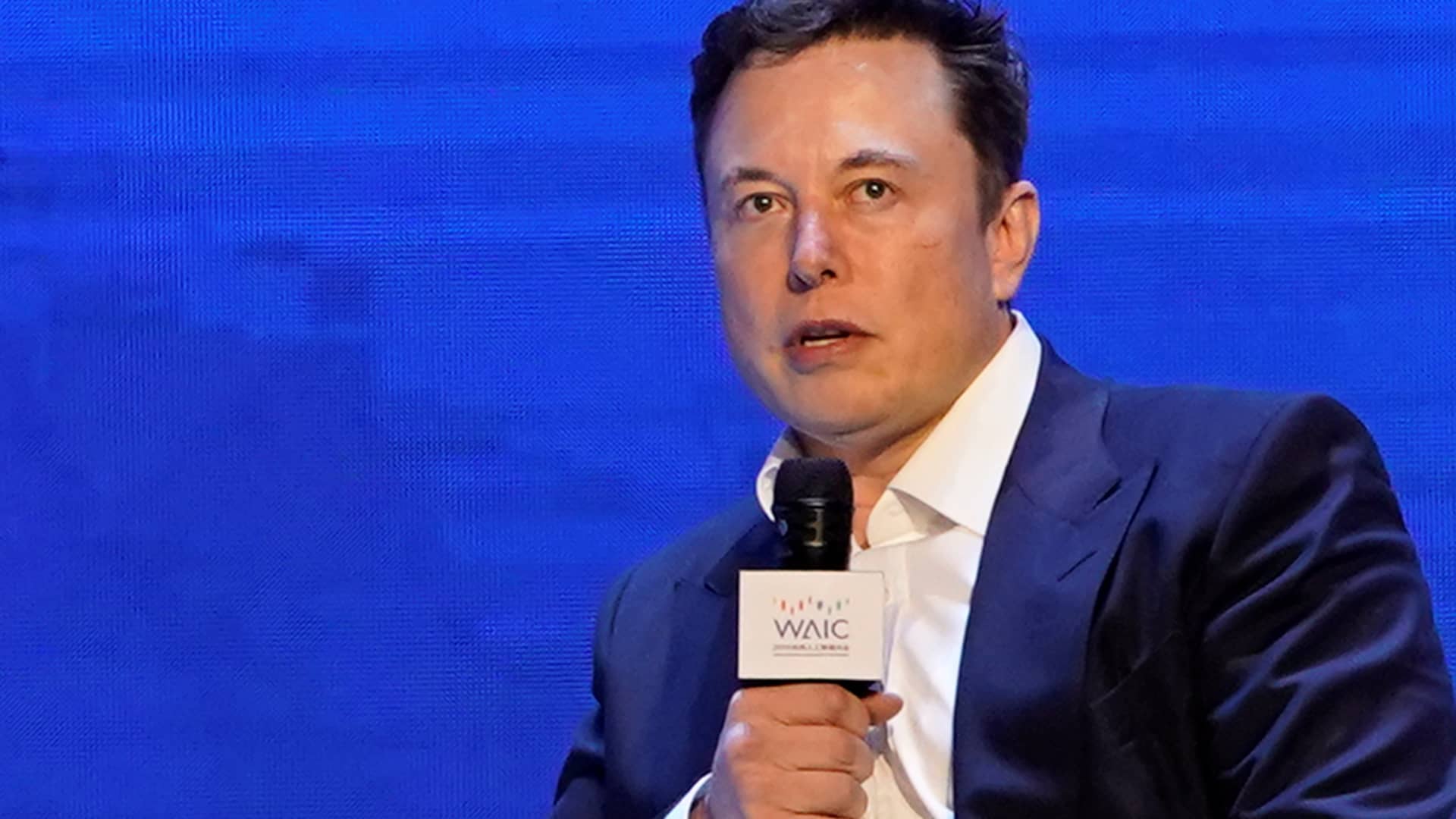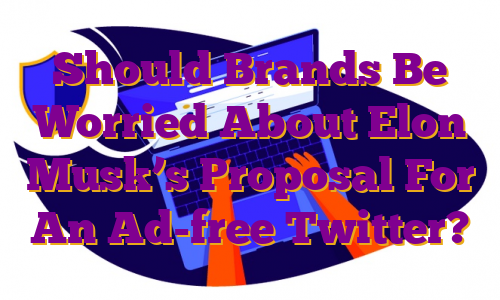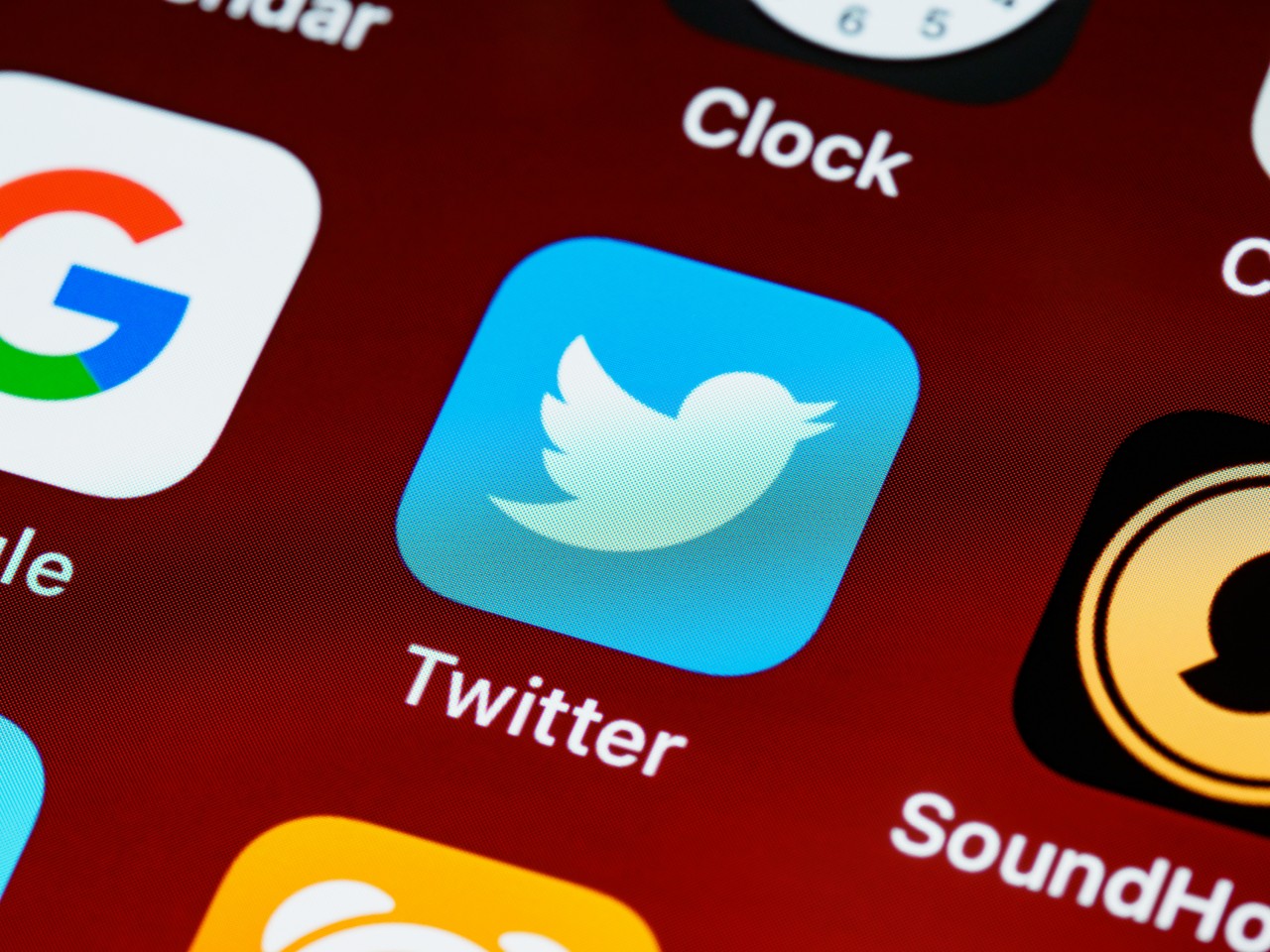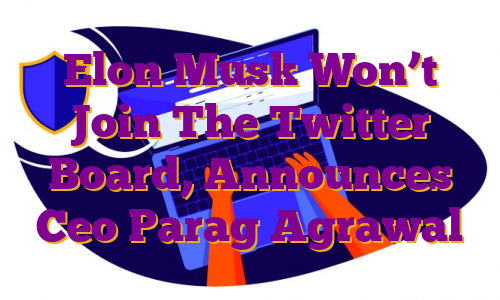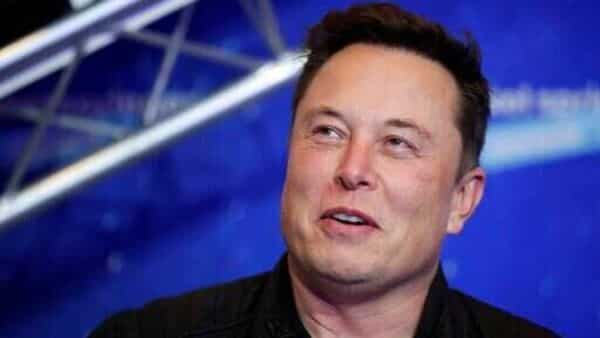Elon Musk has made an offer to buy Twitter at $54.20 a share, valuing the company at roughly $43 billion.The Tesla CEO disclosed his “best and final” bid to acquire the publicly traded social network and take it private early Thursday, saying in an SEC filing that “I don’t have confidence in management” and telling Twitter board chairman Bret Taylor that he would improve the company.”Twitter has extraordinary potential,” Musk said. “I will unlock it.”The offer is the culmination of a whirlwind few weeks for the world’s richest man, who earlier this month paid nearly $3 billion for a 9.2% ownership stake, which immediately made him Twitter’s largest shareholder. In the ensuing 10 days, Twitter announced that Musk would be joining its board, but he changed course the day his term was set to start.Musk said Thursday that if his takeover offer was not accepted, he “would need to reconsider my position as a shareholder.” In a statement, the company said that the “Twitter Board of Directors will carefully review the proposal to determine the course of action that it believes is in the best interest of the Company and all Twitter stockholders.”Musk’s takeover bid is unprecedented, Dan Ives, an analyst for Wedbush, tells CNBC Make It.”This is something never seen in the history of the public markets,” Ives says. “It’s a ‘Twilight Zone’ for anyone who has followed Wall Street for the past 100 years.”Shares of Twitter are up 17% since Musk’s 9% stake was initially disclosed on April 4. They have seesawed as different reports about Musk’s involvement with the company emerged.Here’s a look at what Musk has said about Twitter over the past few days, as well as how his takeover bid might play out.Why does Musk want to buy Twitter?In his SEC filing, Musk said that he believes Twitter has the “potential to be the platform for free speech around the globe.”Musk has been a vocal critic of Twitter, suggesting that the platform stifles free speech. After deciding not to join the board, he liked a tweet suggesting that “Elon was told to play nice and not speak freely.””This social media platform and freedom of speech are huge passions of his,” Ives says. “It’s become a divisive issue for him. And he’s decided to take the baton and try to change it.”Recent tweets from Musk indicate that he would use his power over the company to push back against content moderation policies and efforts to rid the platform of users that violate Twitter’s guidelines.Over the past week and a half, Musk has also publicly called for several changes to the platform, including the addition of an edit button and the ability for users who subscribe to Twitter Blue to pay with dogecoin.Musk has not yet laid out any sort of master plan for his vision for Twitter, but he has said he would bring “significant improvements” to the platform.Can Twitter’s board say no?Experts are split on how Twitter’s management should respond to Musk’s bid. At $54.20 a share, it is significantly higher than the $39.91 the stock was trading at before it was revealed that Musk had bought a stake in the company.CNBC’s Jim Cramer said the board has “no choice but to reject” the offer and advocate for the company’s shareholders. Gordon Haskett Research Advisors analyst Don Bilson also said the chances of the board accepting the proposal are slim, CNBC reports.Instead, Bilson said that Musk is “just blowing smoke.” He adds that “the board would be accused of being ‘high’ if it decided to sell for $54.20” when the stock was trading around $70 last summer.Wedbush’s Ives, meanwhile, says that the premium on the stock price makes it difficult for the board to say no. He added that a rejection would likely “cut the stock in half.””They can’t just reject a bid because they don’t like Musk. They have a fiduciary responsibility as a board, as a public company,” Ives says. “If that happens, the board would be eating lawsuits for breakfast.”Billionaire Dallas Mavericks owner Mark Cuban speculated on his own Twitter feed that the company “will do everything possible not to sell” to Musk and will instead try to find “a friendly to come in and buy Elon’s shares and get him out.”What happens next? .
Elon Musk offers to buy Twitter for $54.20 a share, so it can be ‘transformed as private company’
Tesla Inc CEO Elon Musk attends the World Artificial Intelligence Conference (WAIC) in Shanghai, China August 29, 2019.Aly Song | ReutersThis is breaking news. Please check back for updates.Elon Musk offered to buy Twitter for $54.20 a share, saying the social media company needs to be transformed privately, a little over a week after first revealing a 9.2% stake in the company.”I invested in Twitter as I believe in its potential to be the platform for free speech around the globe, and I believe free speech is a societal imperative for a functioning democracy,” Musk wrote in a letter sent to Twitter Chairman Bret Taylor and disclosed in a securities filing.According to Musk, the social media company needs to go private because it can “neither thrive nor serve” free speech in its current state. “As a result, I am offering to buy 100% of Twitter for $54.20 per share in cash, a 54% premium over the day before I began investing in Twitter and a 38% premium over the day before my investment was publicly announced,” he wrote. “My offer is my best and final offer and if it is not accepted, I would need to reconsider my position as a shareholder.”Twitter shares jumped 12% in premarket trading after closing at $45.85 a share on Wednesday. Musk first disclosed his stake in the social media giant on April 4 and later landed a seat on the company’s board of directors, before reversing those plans. The Tesla CEO has previously criticized the social media giant publicly. He polled people on Twitter last month about whether the company abides by free speech principles and said he was considering building a new social media platform.Shares of Twitter have seesawed in recent weeks amid the news from Musk, but are up 6% this year and 18.5% since the start of the month. Musk’s offer values Twitter at about $43 billion.Here is the letter Musk sent as disclosed in a securities filing:I invested in Twitter as I believe in its potential to be the platform for free speech around the globe, and I believe free speech is a societal imperative for a functioning democracy.However, since making my investment I now realize the company will neither thrive nor serve this societal imperative in its current form. Twitter needs to be transformed as a private company.As a result, I am offering to buy 100% of Twitter for $54.20 per share in cash, a 54% premium over the day before I began investing in Twitter and a 38% premium over the day before my investment was publicly announced. My offer is my best and final offer and if it is not accepted, I would need to reconsider my position as a shareholder.Twitter has extraordinary potential. I will unlock it.Elon Musk .
Should Brands Be Worried About Elon Musk’s Proposal For An Ad-free Twitter?
Elon Musk has declined a role on the board of Twitter, opening the door for the billionaire to take ownership of more of the social platform. He then went on to publicly share his musings for an advertising-free Twitter. But how much influence can he wield in shaping a new direction for the platform? Twitter’s CEO Parag Agarwal announced today (Monday, April 11) that Elon Musk had declined the opportunity to join its board, mere days after stating the opposite. The move to invite Musk to the board was widely seen as an attempt from Twitter to prevent the billionaire from buying up more than 15% of the company.
Now, however, that option appears to be back on the table, raising questions about the extent to which Musk’s plans for the company will be implemented regardless of Twitter’s pre-existing strategies.Responses to the news included skepticism about the extent to which this is a plan to boost the stock of Twitter through Musk’s performative tweeting. He has previously employed this tactic with the cryptocurrency dogecoin and even with Twitter itself. Of course this will prompt speculation that Musk is going for a full takeover, thus driving up share prices and making Musk’s stake more valuable. SEC investigation incoming. https://t.co/ARMhUnJyPB— Ian Betteridge (@ianbetteridge) April 11, 2022 Others – including Musk himself, according to his likes – seem to suggest that the Twitter board’s attempts to curb the attention-seeking billionaire’s proclivities ran counter to his stated aims for the company. Musk’s initial interest in Twitter came to a head last month when he began tweeting that the social media platform needed to change for nebulous ‘free speech’-related reasons.Social media consultant and industry analyst Matt Navarra says: “Right now, it’s incredibly hard to predict how much influence Elon Musk has – or will have – in the short and longer term. He has declined to join the board, which leads many to suspect he is keeping his options open in regards to increasing the size of his shareholding in the future. This will be concerning for Twitter and anyone who sees Elon’s moves as a threat, rather than an opportunity.“Twitter has launched a significant number of privacy and safety controls for users in recent years. The platform has also built out more comprehensive content moderation policies to tackle growing concerns about the spread of misinformation and online harassment. Elon says he’s a free speech absolutist. It’s only a matter of time before this clash of ideologies and visions for the platform becomes problematic and boils over. “Until there’s a clearer picture of exactly how much sway Elon’s multi-billion-dollar investment gives him, those nervous about his role in the company will remain anxious. And that’s probably part of the fun for Elon Musk and exactly what he wants.”Advertising in his sights Musk’s hinted-at changes to Twitter functionality would appear to fly in the face of much of what the social platform has sought to accomplish over the past few years, both commercially and culturally. It has been praised for its quick response to disinformation around the war in Ukraine, for instance, and its labelling of automated and state-affiliated accounts falls in line with that of platforms including YouTube and Facebook. Advertisers have welcomed the changes aimed at making the platform a brand-safe space. So it is unclear the extent to which Musk’s interest in curbing moderation on Twitter in the name of free speech would impact Twitter’s commercial interests. In its latest results, it shared that its total ad engagements decreased 12% year-on-year, but its cost per engagement (CPE) increased 39%. The net loss for the full year amounted to $221m, which the company ascribes to higher-than-average costs and the lingering impacts of Covid upon spending. Despite that, ad sales rose 22% overall in the fourth quarter. Musk has instead tabled a focus on ad-free subscriptions, stating: “Price should probably be ~$2/month, but paid 12 months up front & account doesn’t get checkmark for 60 days (watch for credit card chargebacks) & suspended with no refund if used for scam/spam.“And no ads. The power of corporations to dictate policy is greatly enhanced if Twitter depends on advertising money to survive.” Anthony Macro, head of display, video and social at Croud, says: “If Twitter introduced an ad-free subscription model, the impact on advertising cost would be primarily on inventory availability, impacting cost-per-engagement via increased CPMs. It’s hard to see how this wouldn’t drive advertisers away from the platform, but the hope would be that this loss in advertising revenue would be made up (and exceeded) by a smart pricing model with features that encouraged a good percentage of their active users to convert. “Despite Musk’s increased stake in Twitter, it remains a private company and is therefore within its rights to impose certain limits on its platform. Previous Twitter CEOs have obviously seen the importance of this – as have their counterparts at Meta, Snap and TikTok. While this can be perceived as an attack on ‘free speech’, it is primarily a business decision and if efforts were put in place to roll back moderation it could have a negative impact on both active users’ and advertisers’ willingness to be present on the platform, and thus the value of Musk’s shares.“Average monetizable DAU (mDAU) reached 217M, up 13% y/y, driven by product improvements, as well as global conversation around current events. $TWTR pic.twitter.com/O77d6ZgOWj— Twitter Investor Relations (@TwitterIR) February 10, 2022 While it cramps a lot of Twitter’s partnerships and investments in improving the value of its ads, it does line up with some of the social platform’s focus on direct payments. In addition to experimenting with allowing users to tip or donate to other users directly, its 2021 acquisition of newsletter platform Revue was in service of developing new revenue sources for Twitter users. Navarra elaborates: “A paid ad-free option for social media platforms like Facebook and Twitter has been proposed many times in the past. However, adding such an option brings a new set of problems. “For example, the users who are most likely to pay an ad-free premium are often the most affluent and tend to generate the greatest amount of revenue for social networks. They are the high-spending user group advertisers want to reach the most. Also, to offer such an option, it’s likely Twitter would need to invest significant amounts of its resources to reconfigure its tech stack in order to switch off ads and data collection for a limited group of users paying to remove ads from their feeds.“Unless Twitter can figure out a revenue model less dependent on advertising income, an ad-free premium option could become highly disruptive. This is a challenge pretty much all social networks have wrestled with in recent years. And, as yet, not one of them has found a solution to.“Musk’s strategy of throwing spanners into the works makes it hard to predict how the whole situation will shake out. The reality, however, is that moving fast and breaking things seems to be anathema to Twitter’s slow, incremental progress towards sustainability over the past few years. .
Elon Musk Won’t Join The Twitter Board, Announces Ceo Parag Agrawal
Twitter CEO Parag Agrawal announced on Monday that Elon Musk has decided not to join the board of the microblogging site. Agrawal tweeted that Musk held discussions with Twitter’s directors but Musk ultimately declined their offer of a board seat. “I believe this is for the best,” Agrawal said in an internal memo he shared on Twitter.
Elon Musk disclosed just a week ago that he had taken a stake of 9.2%, and Twitter said shortly thereafter he would join the board. The billionaire behind Tesla and SpaceX has been vocal about changes he’d like to effect at the social media platform in the name of free speech.
He wasted no time in appealing to the service’s users about potential changes, from adding an edit button for tweets to giving automatic verification marks to premium users.
Musk’s tweets have enthralled the social media sphere since that initial disclosure. His open musings about Twitter — including turning its headquarters into a homeless shelter — drew in Amazon.com Inc. founder Jeff Bezos, among other high-profile personalities.
Bezos, a fellow billionaire, responded Sunday with a link to a report about a homeless shelter attached to an Amazon office building, noting that a portion of Twitter’s space could be converted, making it easier for employees who want to volunteer. Musk called the suggestion a “great idea.”
Subscribe to Mint Newsletters * Enter a valid email * Thank you for subscribing to our newsletter.
Download
the App to get 14 days of unlimited access to Mint Premium absolutely free!
.


